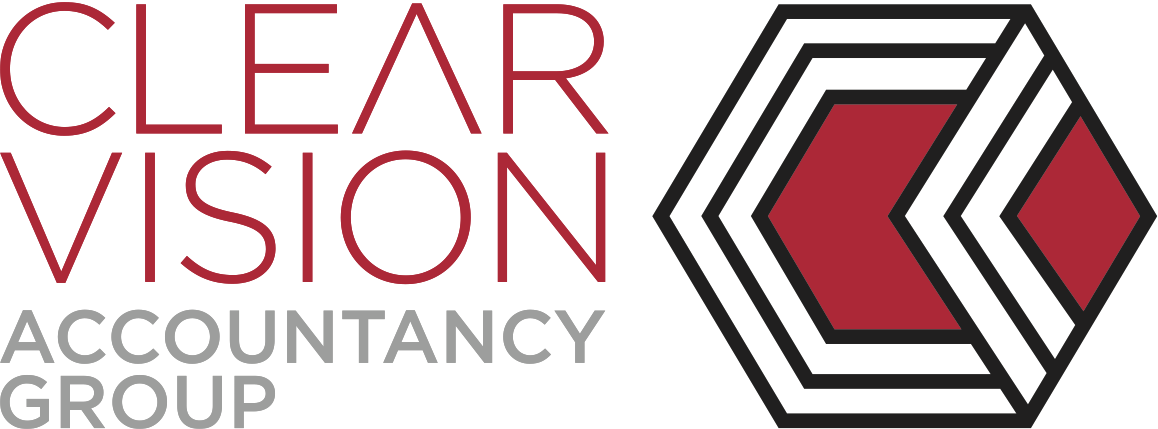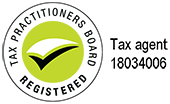How Do You File Your Records?
With electronic filing becoming more prevalent the ATO have set new rules on how long your records must kept for and the format they can be saved in.
So this month I thought I would try and clear the murky waters of file record keeping.
The superannuation legislation dictates that a trustee of a SMSF keep various records concerning the fund’s operations for designated time periods.
Specifically trustees must keep the following records for a minimum of five years after the end of the year to which they relate:
- accurate and accessible accounting records that explain the transactions and financial position of the fund
- annual operating statement and statement of financial position
- copies of all SMSF annual returns lodged
Further, trustees need to keep the following records for a minimum of 10 years: - minutes of trustee meetings (10 years from date of meeting)
- records of all changes of trustee and written consent to act as a trustee/director (10 years from date of change/consent)
- Trustee Declarations [NAT 71089] (10 years from date signed)
- copies of all reports given to members (10 years from end of period to which report relates)
- documented decisions about storage of collectables and personal use assets (10 years from when decision was made)Can these records be kept electronically or is a scanned copy sufficient?
Trustees are permitted to keep the above records electronically provided: - the electronic records are kept in a format which is easily accessed and understood, and able to be retrieved by auditors and the ATO
- scanned copies of paper records are not altered or manipulated once stored
- the scanning process produces a true and clear reproduction of the original documentation
- where documents are required to be made in an approved form (eg Trustee Declaration), the scanned copy is certified as being a true and correct copy of the original.
If you need any clarification or have any concerns on any of this please contact me.
The post How Do You File Your Records? appeared first on Clear Vision Accountancy Group.





